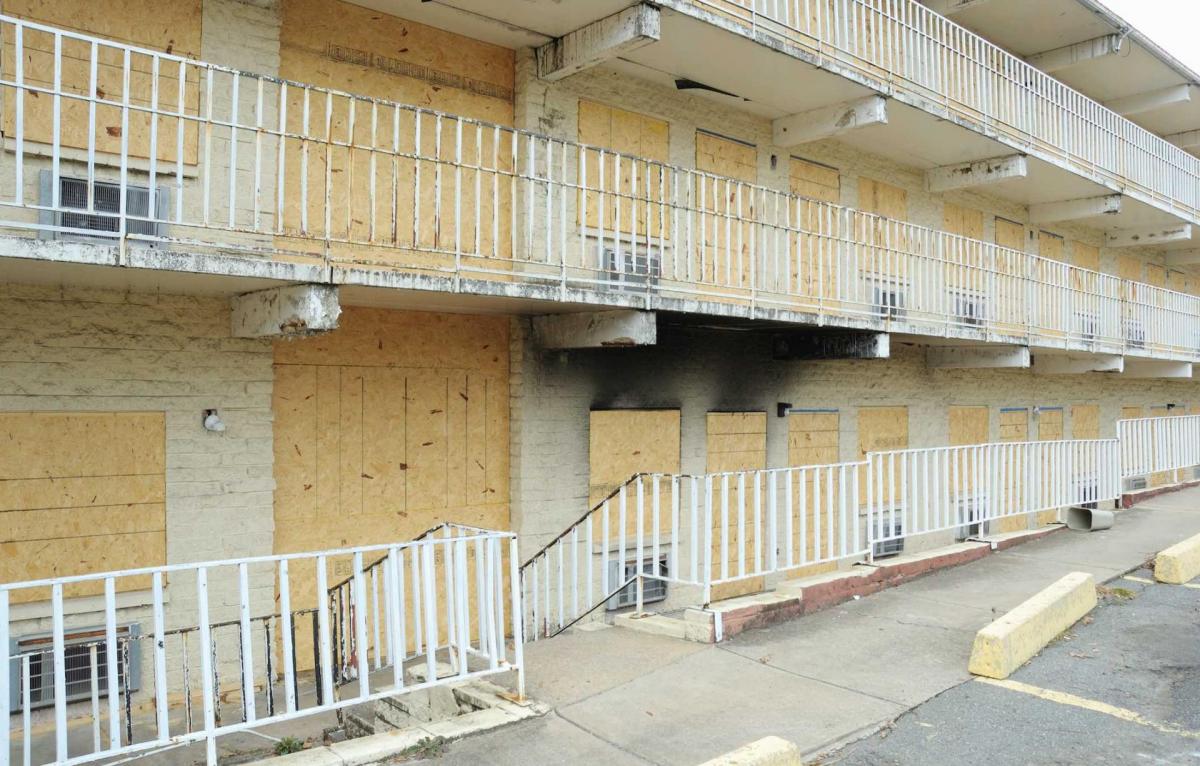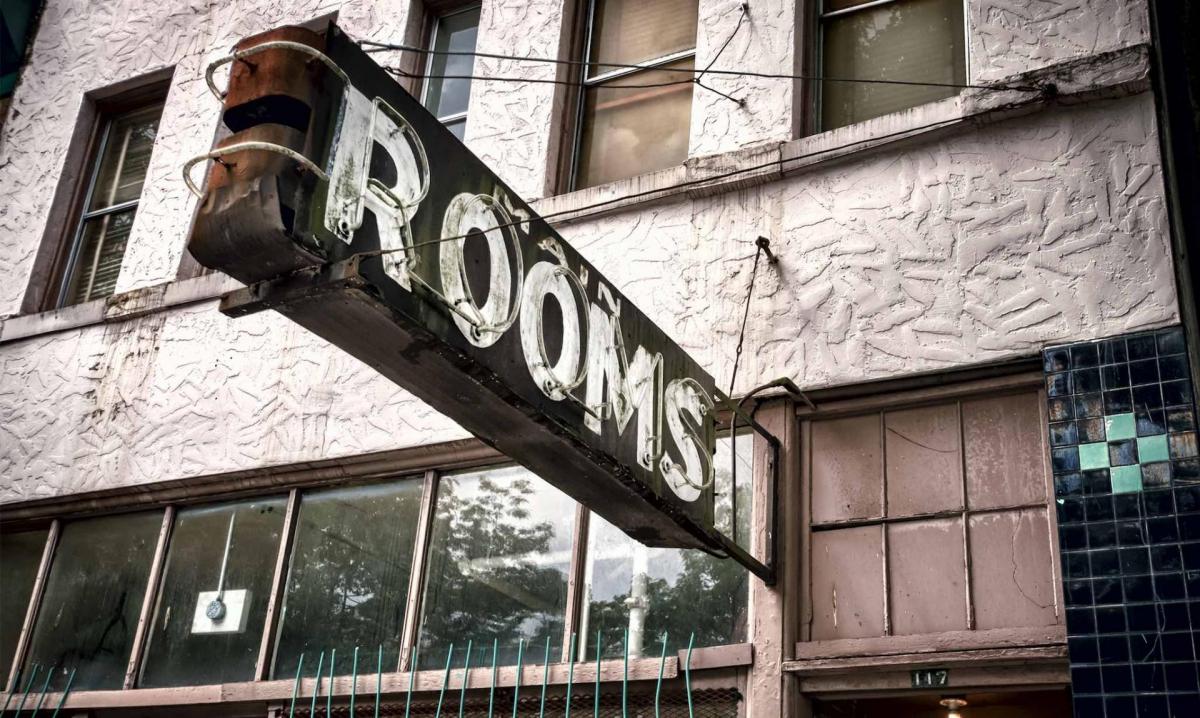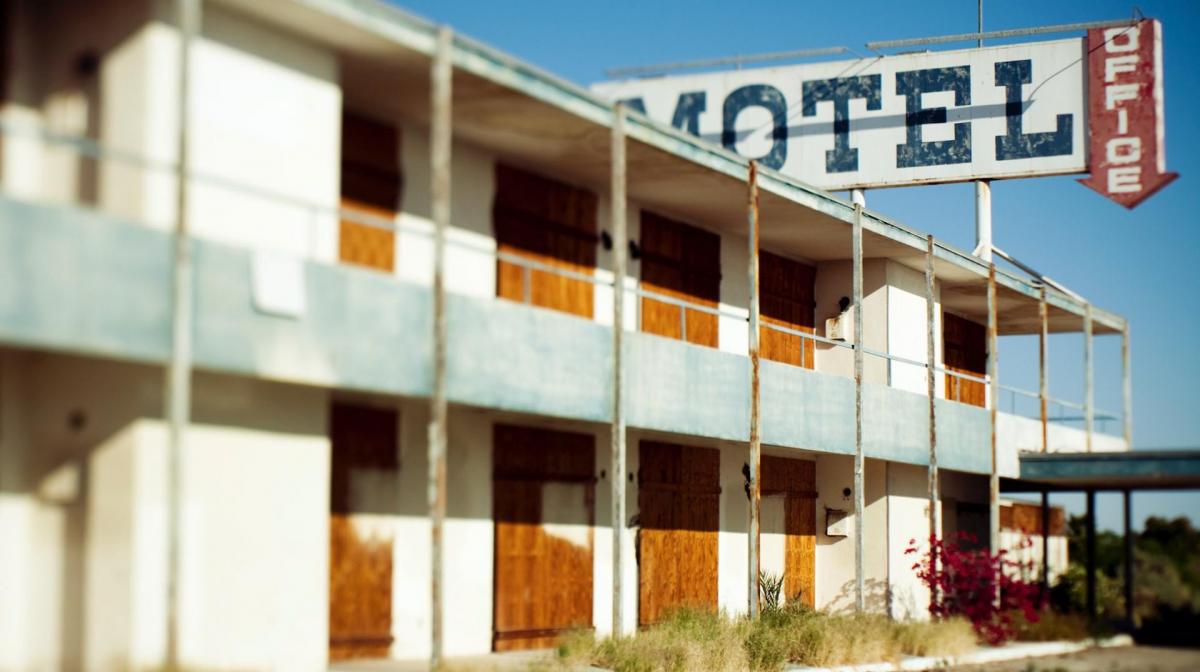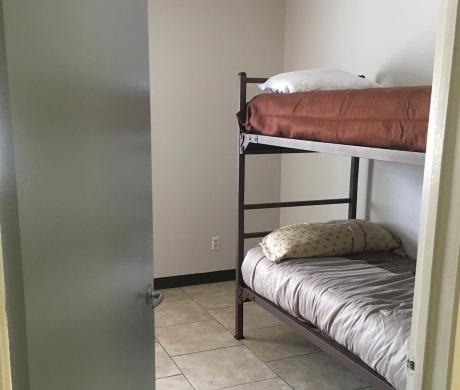SB 450: A Path Toward Improving Communities
Valerie Escalante Troesh is a partner with the law firm of Silver & Wright LLP and can be reached at VEscalanteTroesh@silverwrightlaw.com. Matthew R. Silver is a founding partner with Silver & Wright LLP and can be reached at msilver@silverwrightlaw.com.
California has experienced an alarming spike in homelessness over the past decade, with a significant increase in the number of unsheltered people in our communities. In the most recent official count conducted in 2019, the number of Californians experiencing homelessness had climbed to over 151,000. Though California comprises only 12 percent of the total U.S. population, it is home to 25 percent of the nation’s homeless population; nearly 60 people per day in California became homeless in 2019.
This reality belies substantial efforts by cities and counties to provide supportive housing and other services to those experiencing homelessness, driving home the fact that finding a solution is no simple feat. Fortunately, the recently enacted SB 450 (Chapter 344, Statutes of 2019) may aid cities and counties in their efforts to combat homelessness by encouraging investors to offer temporary housing to those in need, while providing local agencies a novel incentive for remediating certain nuisance properties.
Hotels, motels, and hostels often succumb to blight or abandonment due to their owners’ inability to maintain them. In the face of increasing costs of land and development in California, the cost of investing in such properties can often seem insurmountable to property owners and developers. Thus, far too often, such efforts fall on cities’ shoulders. These properties — which often serve individuals experiencing housing insecurity — become a nuisance for local governments to address. Such properties pose major health and safety hazards to occupants and surrounding communities, disincentivize neighboring economic development, and strain government resources when cities and counties are forced to abate them.
Attempting to offer one innovative solution for two weighty problems, SB 450 allows cities and counties to simultaneously address homelessness and alleviate the costs of remediating dilapidated hotels, motels, and hostels.
A Multifaceted Solution
SB 450, which took effect Jan. 1, 2020, offers a cost-saving program to those willing to clean up run-down hotels, hostels, and motels. The bill (which sunsets Jan. 1, 2025, unless extended) permits projects that convert neglected hotels, motels, and hostels into transitional or supportive housing to bypass California Environmental Quality Act (CEQA) review. To qualify, the project must also offer some form of support for its future residents, such as medical care, substance abuse treatment, or employment assistance. Thus, SB 450 encourages run-down and neglected properties to become sites for useful and altruistic services.
By waiving CEQA review for qualifying projects, SB 450 incentivizes investment in these dilapidated properties by saving project applicants thousands of dollars. Though CEQA regulations are meant to protect and improve California’s environment, the review process can mean red tape, delays, and additional expenses to developers. Removing such hurdles allows properties that would otherwise be public nuisances, which cities and counties have to abate, to become enticing investments for outside parties. The hope is that local governments will see these properties transition from being strains on public resources to being spaces that improve the local community.
Without local incentives such as SB 450, public agencies are often the only parties that ensure these substandard properties are monitored and brought to code to protect the community, which can take a toll on public funds and staff time. For example, public agencies may attempt to compel compliance through their code enforcement departments, such as issuing citations or conducting abatement with their own forces. Public agencies also may resort to a receivership under state law to obtain the appointment of a neutral third-party agent of the court who will ensure the remediation of such properties, requiring the public agency to file a state court action and facilitate the receivership.
Fortunately, SB 450 can curtail public agencies’ reliance on their own forces to ensure remediation without taking up much public funding or staff time. Moreover, cities may use SB 450 in tandem with a receivership. Court-appointed receivers can take advantage of SB 450’s CEQA waiver in their remediation efforts by seeking court approval to convert receivership hotels, motels, and hostels into transitional or supportive housing. Similarly, if after making the necessary repairs to such properties to ensure they comply with state and local law, a court-appointed receiver must sell a property to cover the costs of the receivership, he or she could market the property for sale by highlighting its potential for such altruistic conversion under SB 450.
The bill not only encourages community partners to remedy substandard hotels, motels, and hostels before public agencies, like cities, are forced to intervene, but also offers a means for rehabilitation in the receivership context that will greatly serve the public’s interests.
How Cities Can Take Advantage of SB 450’s Benefits
If a city is interested in encouraging SB 450 projects within its jurisdiction, the city should take preparatory measures to ensure staff is trained on SB 450’s requirements and adopt guidelines to aid in its implementation. Agencies can get ahead of questions and potential roadblocks by outlining details such as requirements for successful applicants, how the city will ensure compliance with SB 450’s requirements, and how the CEQA exemption can be marketed to developers.
Though there will be administrative costs associated with developing local guidelines for implementing SB 450, the savings associated with a successful property transition will outweigh the costs of those efforts. Formerly dilapidated properties can be given a new life by completing the transition from a blighted danger to a functioning facility that contributes positively to the community’s quality of life.
Details About SB 450
SB 450 criteria and qualifications include the following.
The original structure must:
- Have a certificate of occupancy as a motel, hotel, residential hotel, or hostel.
- Require only minor interior or exterior alterations to facilitate the use of the structure as supportive or transitional housing.
- Revert back to the original use authorized in its certificate of occupancy upon termination of its use for supportive or transitional housing.
The proposed structure must:
- Meet the requirements of “supportive” or “transitional” housing outlined in the bill.
- Not expand “more than 10 percent of the floor area of any individual living unit in the structure.”
- Not “result in any significant effects relating to traffic, noise, air quality, or water quality.”
SB 450 qualifies “‘supportive housing” as:
“… housing linked to onsite or offsite supportive services and with no limit on length of stay for persons with low incomes who have one or more disabilities and may include, among other populations, adults, emancipated minors, families with children, elderly persons, young adults aging out of the foster care system, individuals exiting from institutional settings, veterans, and homeless people.”
SB 450 qualifies “supportive services” as:
“… services that are provided on a voluntary basis to residents of supportive or transitional housing, including, but not limited to, a combination of subsidized and permanent housing services, intensive case management, medical and mental health care, substance abuse treatment, employment services, benefits advocacy, and other services or service referrals necessary to obtain and maintain housing.”
SB 450 qualifies “transitional housing” as:
“…temporary housing linked to supportive services that is offered, usually for a period of up to 24 months, to facilitate movement to permanent housing for persons with low incomes who may have one or more disabilities, and may include, among other populations, adults, emancipated minors, families with children, elderly persons, young adults aging out of the foster care system, individuals exiting from institutional settings, veterans, and homeless people.”
About Legal Notes
This column is provided as general information and not as legal advice. The law is constantly evolving, and attorneys can and do disagree about what the law requires. Local agencies interested in determining how the law applies in a particular situation should consult their local agency attorneys.
Related Resources
Dublin Provides Affordable Housing for Veterans
Encinitas Retools Planning to Increase Housing Options
San Leandro Homeless Compact Takes a New Approach
Photo Credits: Plherrera (abandoned motel); ElementalImaging (blighted hotel); Andipantz (second abandoned motel).






